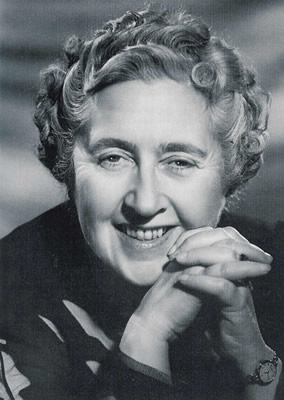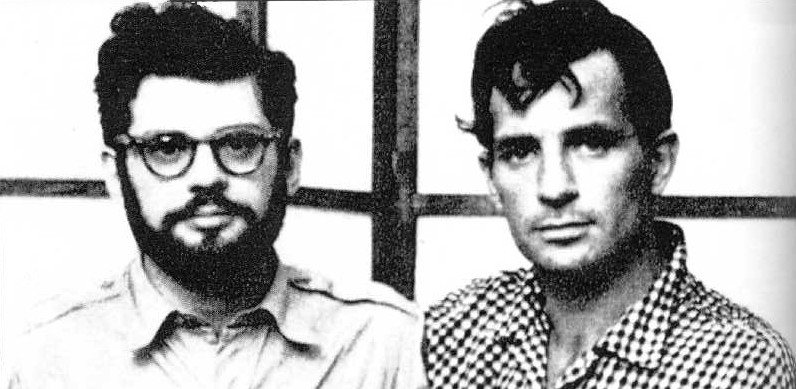It must have been a year or two ago that I asked my mother what her favorite book she'd ever read was-- or at least one of her favorites. Let me put this into context for you. My mother is reading a different book every couple of days. She reads all the time, usually with a cup of tea in her hand, the tail of the painted cat curling up to form the handle. Most of the books she reads have this little tag on the side:
which, at least in the Cecil County library system, denotes that the book is a mystery. It doesn't necessarily mean the mystery is of the murderous variety, but most of them are. Titles like So Soon Done For, Death Walks in Eastrepps, and Bones of Contention always prompted me to ask my mother how was this book, what was happening in it, how did she like it.
I myself have never really gotten into mystery books, save some Nancy Drew or Encyclopedia Brown. So no "serious" mysteries. I figured I should give it a try.
Okay going back to the beginning of this post (having now, hopefully, put it into context for you, my dear reader), where I asked my mother to give me one of her very favorite books. The result? Witness for the Prosecution, a book with a cover like a pile of well-loved letters (literally) and the edges of whose pages were colored green. Intriguing, no? That's what I thought.
I started reading it a couple months after she gave it to me, I believe (remember, this is about a year ago still). It was interesting, and the first chapter was good, but I got totally lost on the second chapter, so I put it down. To be fair, I was quite busy at the time, so I had very little time to read.
Fast forward to this past Friday. I'm planning on going up to Philly on the train, and I want something to do in the 70 minute ride from Newark. Usually I just listen to an audiobook or music, but then again usually I go from Wilmington, where the ride is a measly 40 minutes. Looking around my room, I mentally analyze the size of the books in my room and how much I want to read (or, in most cases, re-read) them. The Little Prince? Awesome book, but too much of an easy read and I just read it about a month ago. Wreck This Journal? Requires too many other materials. The Fault in Our Stars? Not really in the mood to cry on public transportation. And so on and so on. Finally my eyes alight on Witness for the Prosecution, at the top of a large stack of books. Small? Check (smaller than my planner). Interesting? Check (at least what I remember of it). This could work.
I finish the first and second chapters in the train ride up, and only after I finish the second chapter do I realize that it's not a chapter at all but a second story. Ahhhh. Everything makes sense now.
SO. Why is this blog titled as an intro? Simple, because the subsequent blogs are going to be (or at least the plan is for them to be) about the individual stories. Hopefully. Or else there'll just be a couple blogs about a couple stories each.
Also, check out how awesome Ms. Christie looks:
Don't think she looks awesome? Okay maybe she doesn't.... until you've read her stories. Dun dun dunnnnnnnnnn.










